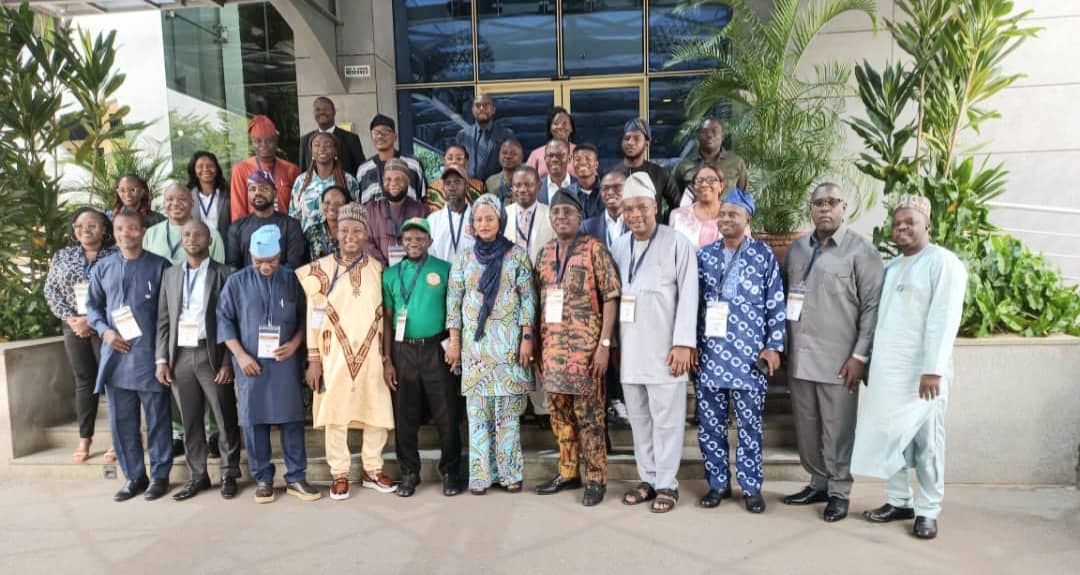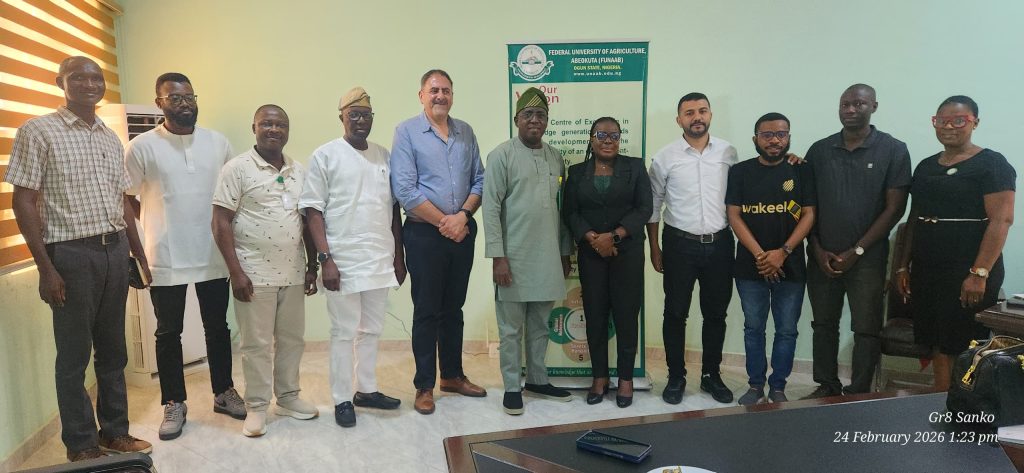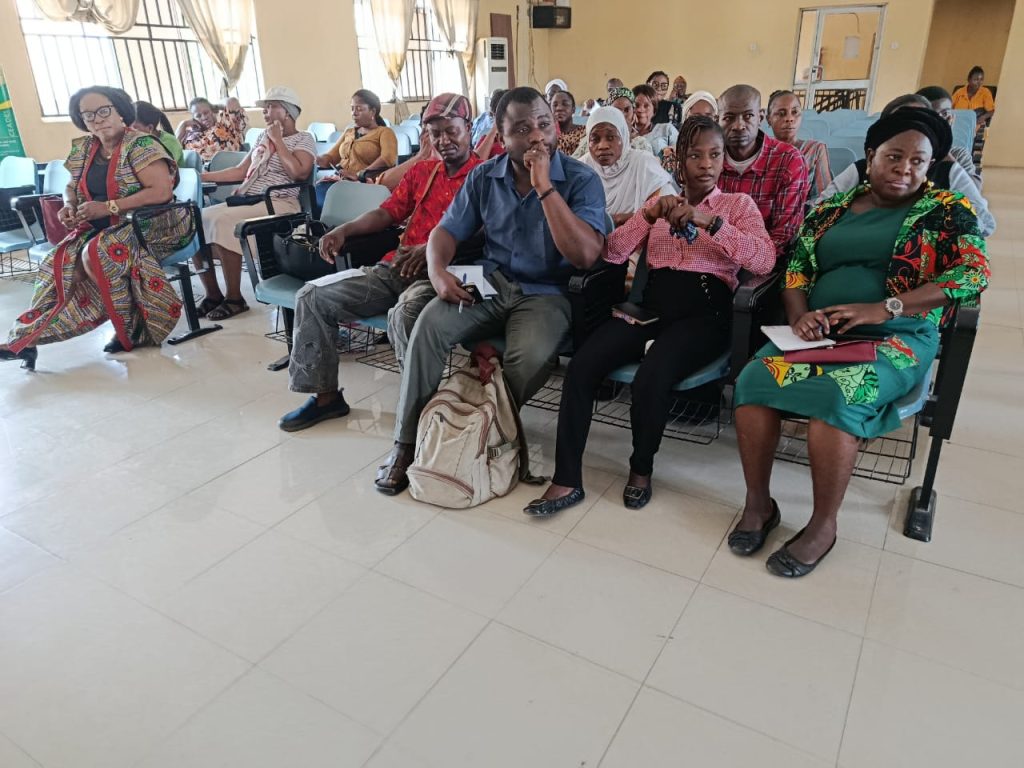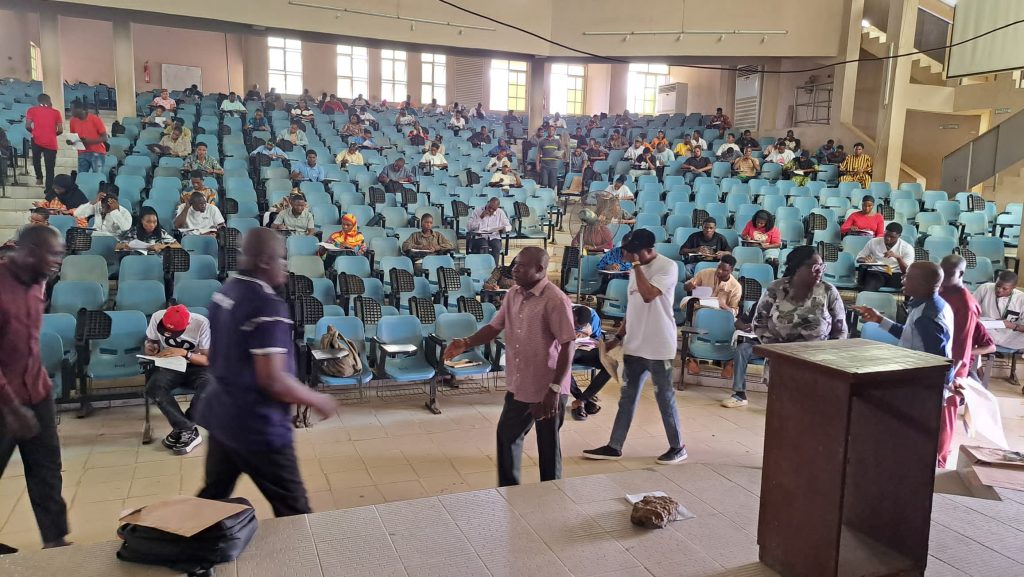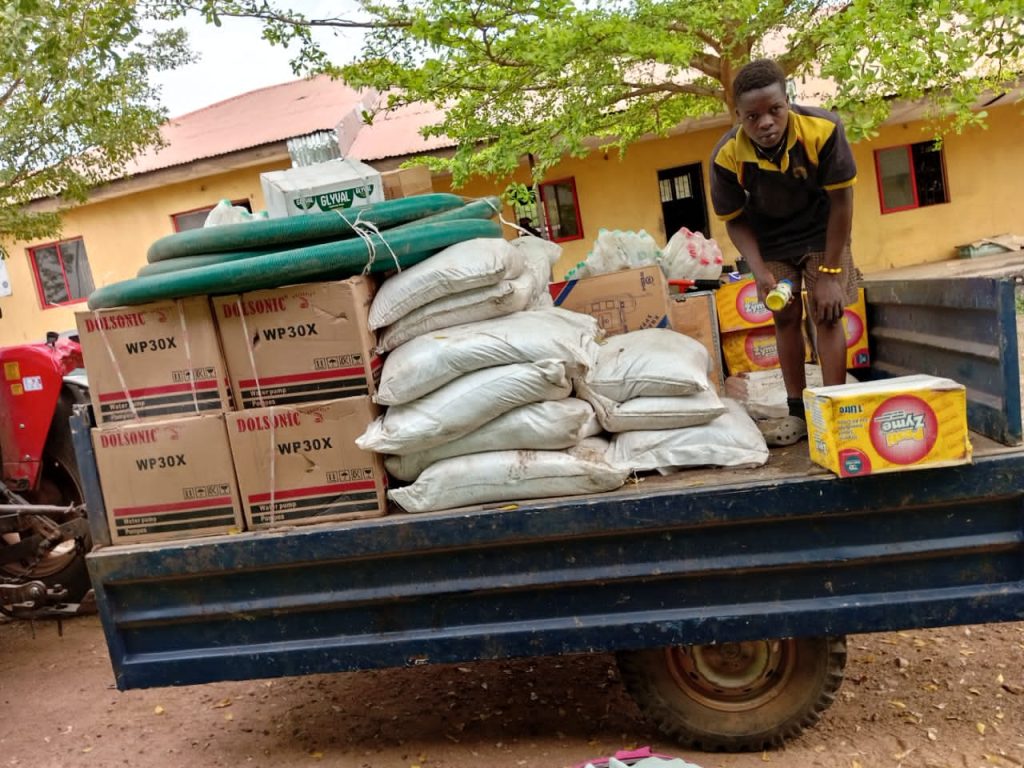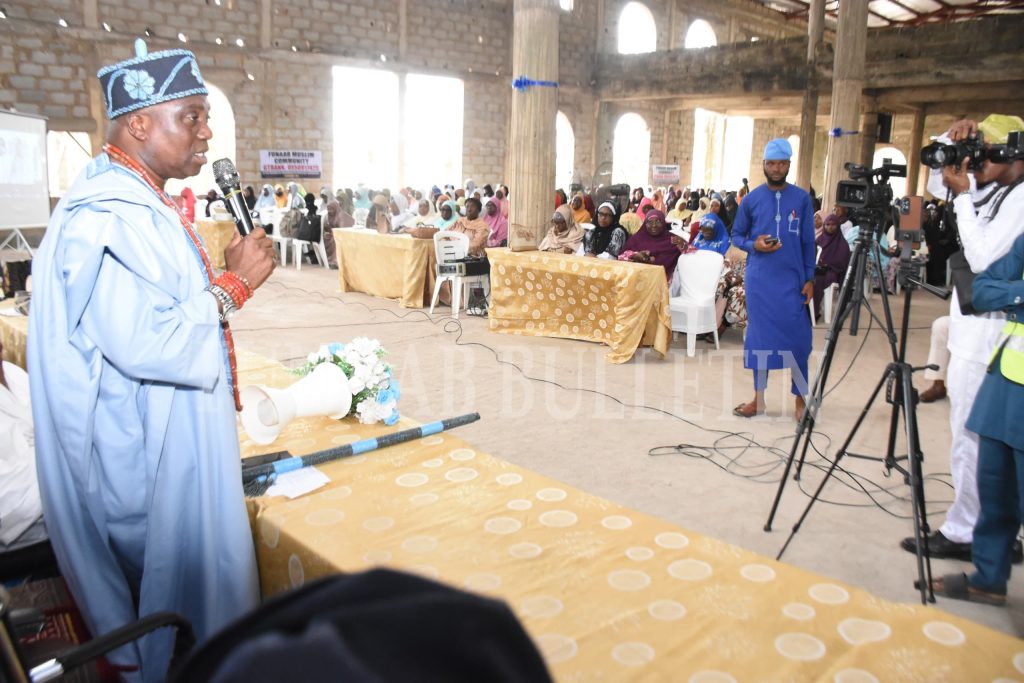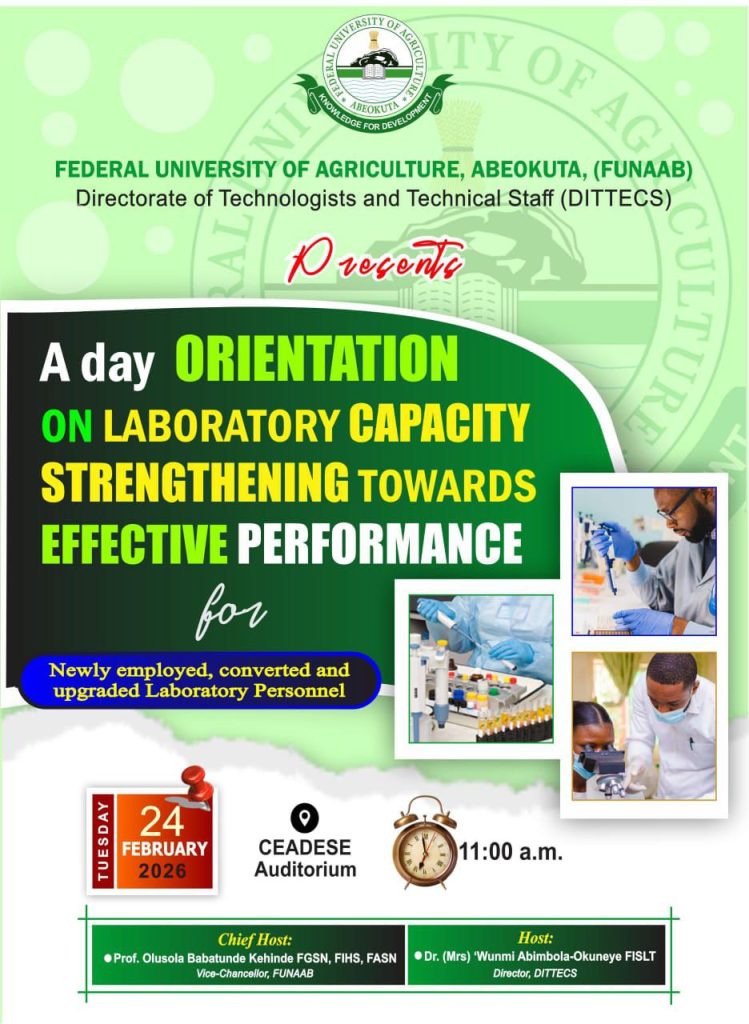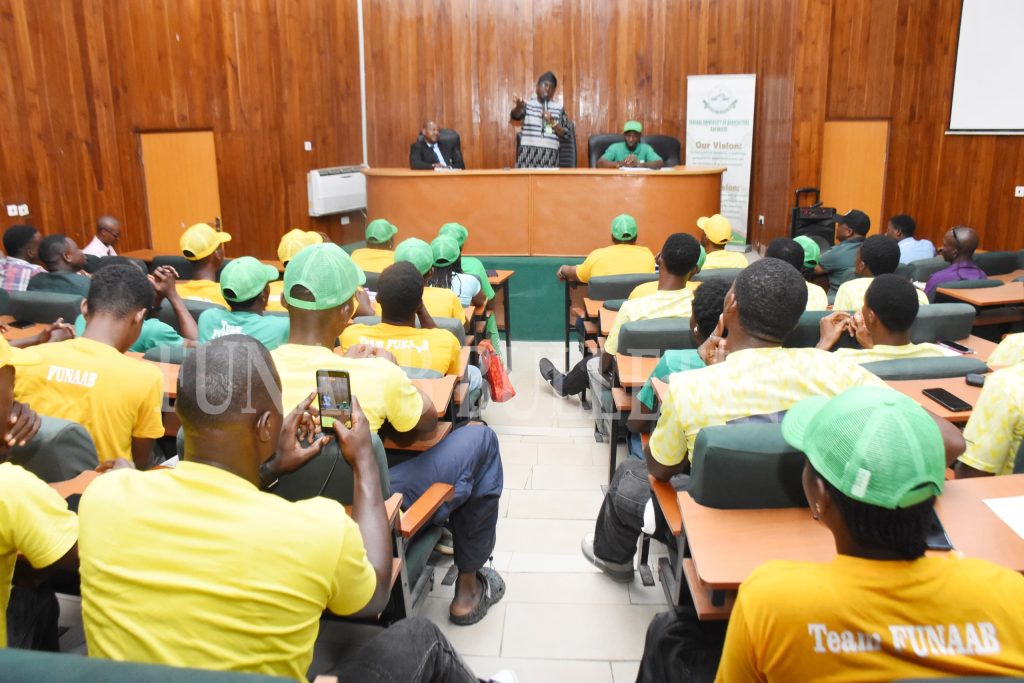Last Updated on July 14, 2025 by Olasunkanmi Olajide
The SmartSoil Project took a significant step towards national impact as stakeholders converged for its Close-out and Evaluation meeting held from July 10 to 11, 2025, at the Envoy Hotel, Abuja. The Two-Day event provided a platform to assess the project’s achievements, identify challenges, and chart a course for its sustainability and scalability.
Participants, including researchers, agricultural extension experts, policymakers, and technologists, engaged in robust discussions on how to build on the project’s gains. One of the strongest themes that emerged from the meeting was the importance of strategic partnerships in sustaining the momentum generated by the project. Stakeholders stressed the need for collaboration with agricultural extension services, government agencies, and private organisations to ensure that the SmartSoil tools continue to reach more farmers and make a tangible impact.
A notable proposal that gained traction during the meeting was the idea of organising a National Agricultural Conference. Such a platform, it was agreed, would bring together key actors in the agricultural value chain, especially extension agents, to explore ways of deepening the adoption of SmartSoil technologies. By engaging these critical intermediaries, the project could ensure better integration of its tools into farmer advisory systems.
The issue of scalability was also front and centre. Stakeholders emphasised the need to expand the SmartSoil project beyond its initial regions to enable more farmers across Nigeria to benefit from its innovations. Central to this effort was the concept of co-creation, working directly with end-users and extension officers to adapt solutions to local contexts and ensure ease of use.
In addition to strategic insights, the meeting provided a forum for participants to raise specific questions and concerns about the project, particularly the functionality of the Geagrow app, a key component of the SmartSoil initiative. Questions were raised about the app’s responsiveness to local soil parameters, especially about nitrogen, phosphorus, and potassium (NPK) levels. Participants also queried whether the app accommodated additional parameters that could support more comprehensive soil and crop management.
Bridging the gap between researchers and farmers was another critical issue. Attendees stressed the importance of ensuring that scientific findings were translated into practical tools that farmers could readily adopt. Concerns were also expressed about the app’s usability in areas with poor network coverage, especially in accessing GPS coordinates for precise location-based recommendations.
Further questions revolved around data privacy and sharing, the app’s feedback mechanism, and how farmers with basic phones, still the majority in rural areas, could benefit from digital tools like Geagrow. Another issue raised was the potential impact of scaling SmartSoil on existing fertiliser producers and agripreneurs, with suggestions offered on how to manage stakeholder expectations and promote inclusive growth.
To enhance the project’s impact and reach, participants outlined a range of suggestions. These include educating farmers about the benefits of SmartSoil through targeted training sessions, leveraging one-on-one communication to build trust and adoption, and forging partnerships with NGOs and private sector actors to support outreach efforts. They also recommended documenting and sharing success stories from the field to build confidence in the technology. Other recommendations focused on providing logistical support for farm visits and expanding project coverage beyond the Southwest region to other parts of the country.
The evaluation meeting concluded with a renewed sense of purpose and a strong commitment to the future of SmartSoil. Participants agreed that the project has laid a solid foundation for transforming soil health and boosting agricultural productivity in Nigeria. With strengthened synergy among stakeholders, careful planning, and sustained collaboration, the SmartSoil project was well-positioned to deliver long-term value to farmers and contribute meaningfully to national food security.
Author
-
Mr. Olajide is a seasoned professional with over a decade of expertise in the fields of Public Relations, Media and Communications. He currently holds the position of Assistant Director, Media.
View all posts

